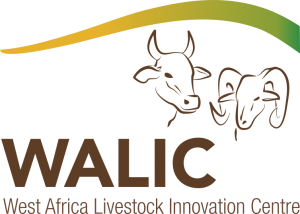Regional Transhumance Project
This project entitled “Assessment of the impact of transhumance on the sustainable management of animal genetic resources’’ is supported by the Food and Agricultural Organization (FAO) under the Funding Strategy for the implementation of the Global Plan of Action for Animal Genetic Resources (GCP/GLO/287/MUL). It will be jointly implemented by International Trypanotolerance Centre (ITC) and the Regional project for the sustainable management of endemic ruminant livestock in West Africa (PROGEBE). Project’s duration is one year – April 2014 to march 2015. It would be undertaken in four West African countries: Gambia, Senegal, Guinea and Mali.
Transhumance is widely practiced by farmers under extensive livestock production systems in West Africa in search of feed and water. Interactions between indigenous and transhumant populations might cause erosion of endemic animal genetic resources. Therefore, the aims of this project are to: 1) identify the impacts of transhumance on the sustainable management of animal genetic resources in general and trypanotolerant breeds in particular; and 2) develop mitigation strategies against negative impacts on animal genetic resources.
The expected outputs of the project are:
- Effective sharing of information about the project with stakeholders.
- Transhumance hotspots identified and knowledge of the impact of transhumance on animal genetic resources and their production environment improved.
- Management strategy proposed for each adverse impact
The project implementation would revolve around the following four main activities:
- Describe transhumant production systems in terms of for example livestock populations, periods, evolution and map flows,
- Assess the effects of transhumance on endemic animal genetic resources and their environment,
- Analyze the perception and motivation of indigenous peoples in transhumance production system, and
- Develop mitigation measures and strategies counterbalancing negative impacts on animal genetic resources and their production environments for implementation.
Results of the project would be shared in workshops with stakeholders for validation and to develop appropriate mitigation measures. These workshops will provide consultation frameworks on transhumance. It is expected that the project would contribute to the reduction of conflicts between transhumant livestock keepers and settled farmers.

